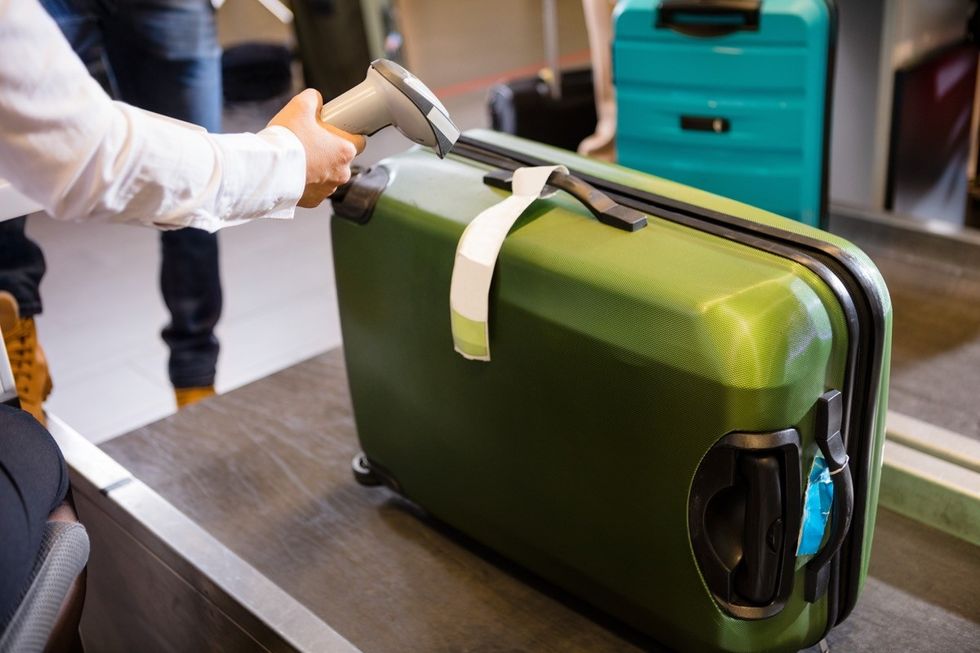According to a 2025 Summer Travel Survey from The Vacationer, more than 134 million Americans plan to hop on a flight this season. Airport security checkpoints are expected to be longer than normal. So, to help streamline the process, the Transportation Security Administration (TSA) is gently reminding passengers of its latest lithium battery ordinance, which affects nine different types of popular electronics—including portable chargers and laptops.
In compliance with the Federal Aviation Administration (FAA), the TSA has banned a myriad of electronics from checked luggage. Those containing lithium-ion and lithium-metal batteries are only allowed in the aircraft cabin, with no exceptions.
RELATED: 7 Surprising Items TSA May Flag You for at Airport Security.
The list of electronics not allowed in checked luggage includes:
- Power banks
- Cell phone battery charging cases
- Rechargeable and non-rechargeable lithium batteries
- Cell phone batteries
- Laptop batteries
- Power banks
- External batteries
- Portable rechargers
Regardless of whether they’re turned off, these electronic items can’t be stowed in the belly or cargo hold of the plane. Why? According to the FAA, lithium batteries have the potential to overheat and undergo a dangerous process called “thermal runway.”
“Thermal runaway can occur without warning due to various factors, including if the battery is damaged, overheated, exposed to water, overcharged, or improperly packed. Thermal runaway can also occur on its own due to manufacturing defects,” explains the government agency.
The carry-on ban follows a charger-related emergency that occurred in January. A fire broke out on a South Korean flight due to an exploded battery pack, injuring at least seven people.
In Nov. 2024, a cell phone battery caught fire on a Southwest flight in Denver. A group of passengers were sent to the hospital after a lithium-ion battery sparked a fire on a United flight to New Jersey in 2023.
RELATED: TSA PreCheck Secret Goes Viral.
In-flight lithium battery fires have increased 388 percent since 2015, and occur twice per week on average, according to FAA data. Most verified incidents—involving smoke, fire, or extreme heat—are caused by battery packs. E-cigarettes/vape devices and cell phone batteries are also common culprits.
“It’s a balance we probably need to do a better job striking with the airlines,” Ben Supko, the head of hazardous materials safety at the FAA, told CBS News. “Passengers don’t fully understand how serious the risk is.”
It’s important to keep this in mind in the event that your flight runs out of overhead bin space, too. If asked to check your carry-on bag, you’ll need to remove all lithium batteries (as listed above) and keep those on board with you.
“This covers spare lithium metal and spare rechargeable lithium-ion batteries for personal electronics such as cameras, cell phones, laptop computers, tablets, watches, calculators, etc. This also includes external battery chargers (portable rechargers) containing a lithium-ion battery,” says the FAA.
Not following TSA and FAA regulations could result in a $17,062 civil penalty fine. Additionally, you could be stripped of TSA PreCheck and other expedited air travel security programs.
Content shared from bestlifeonline.com.

